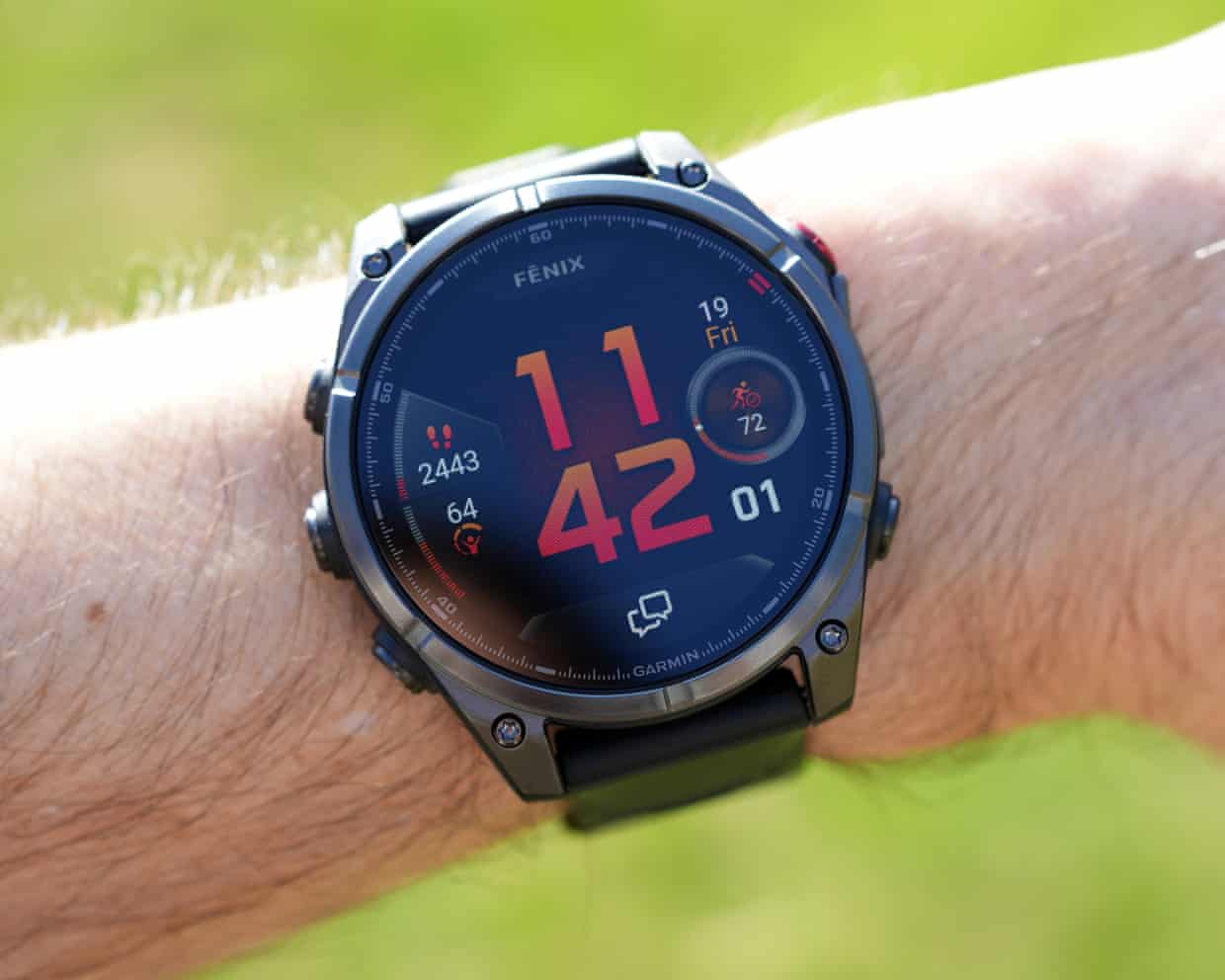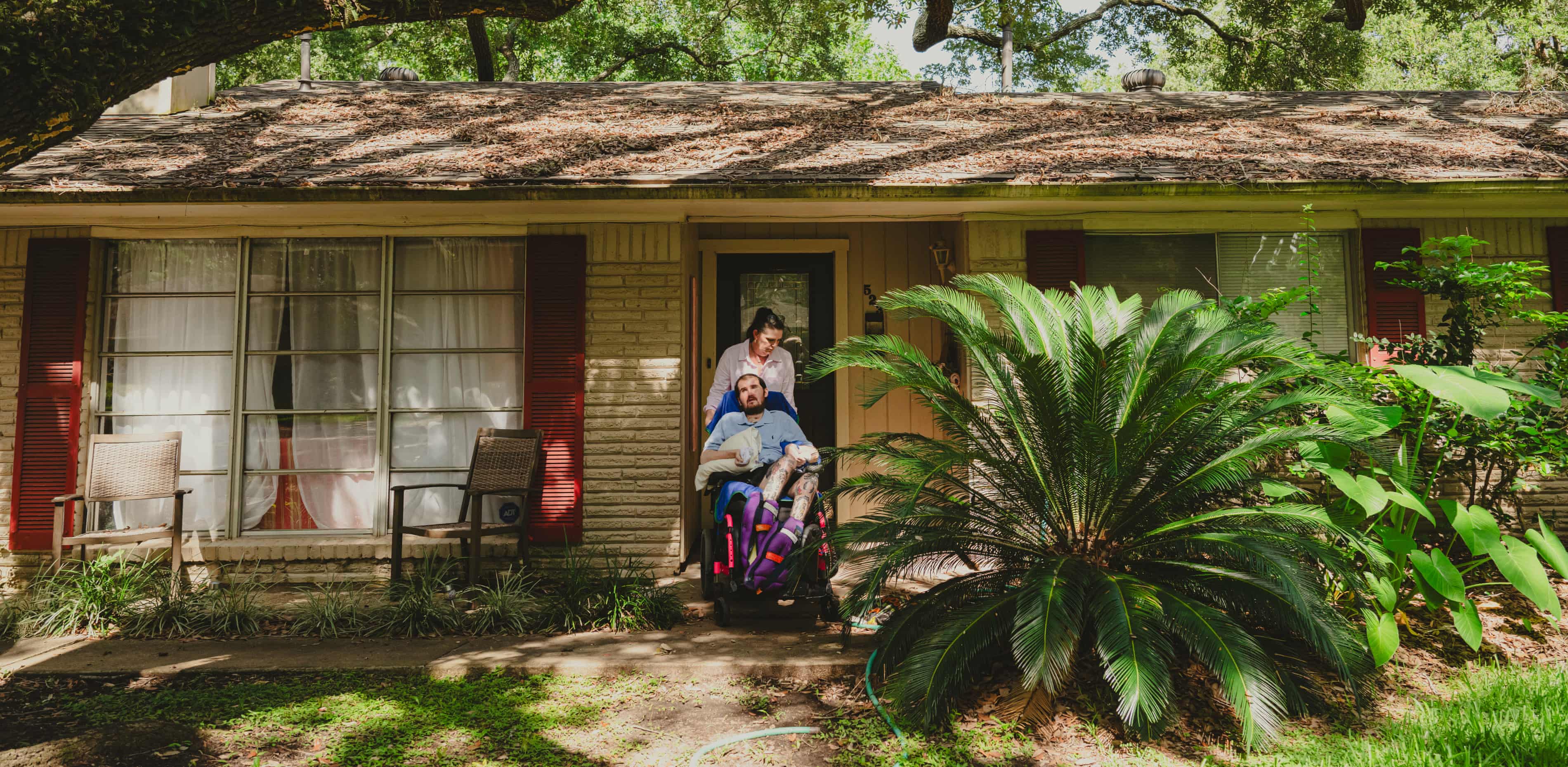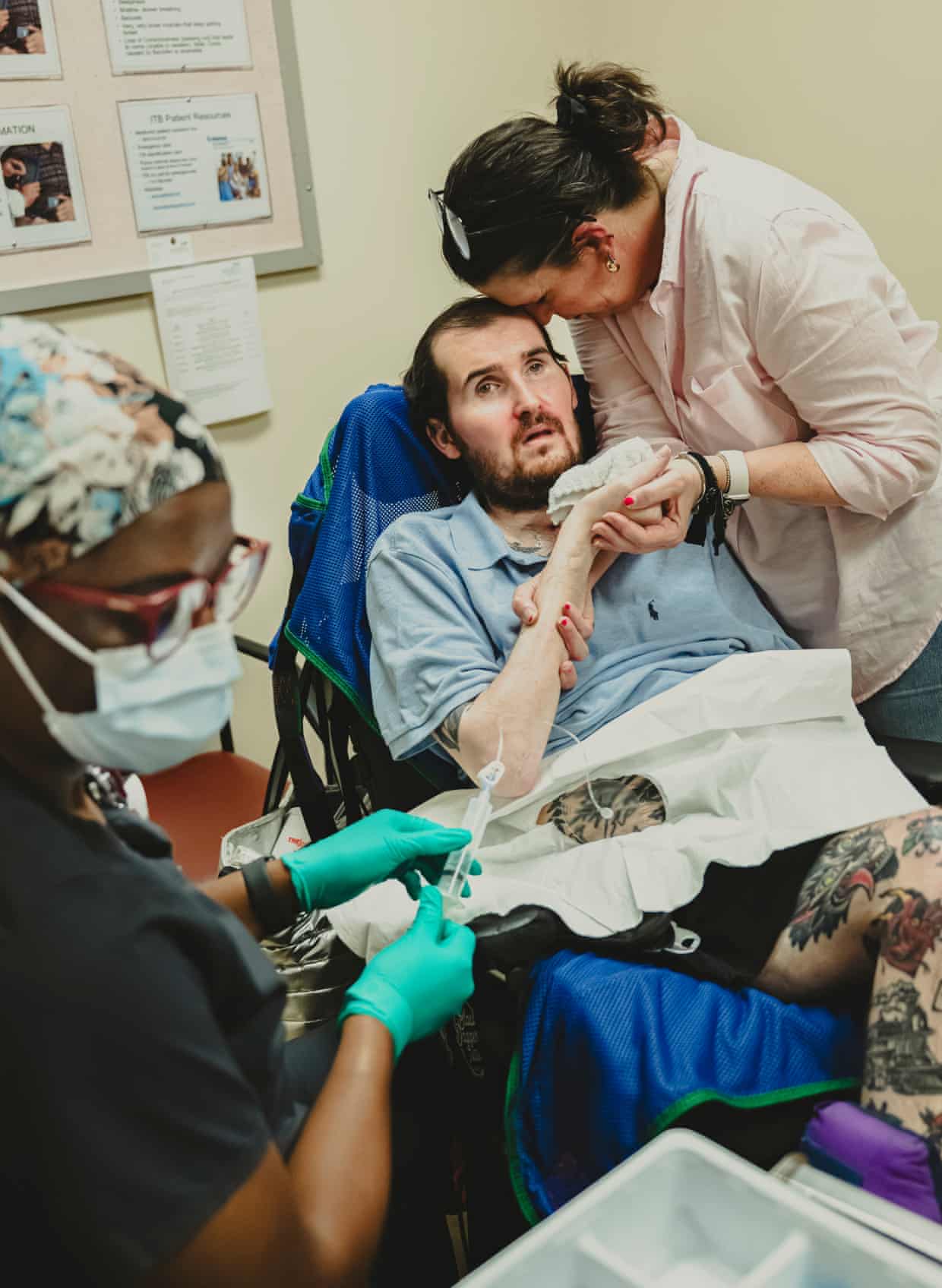Salesforce’s CEO backtracks after saying Trump should send troops into San Francisco

Hello, and welcome to TechScape.I’m your host and editor, Blake Montgomery.What I’m watching this week: South Park’s caricature of Peter Thiel and his obsession with the antichrist.Read our reporting on the show’s inspiration: Thiel’s bizarre off-the-record lectures on the subject.And now, let’s get into things.
The co-founder and CEO of Salesforce, said last week that Donald Trump should make good on his threats to send the US national guard into San Francisco, despite resistance from local leaders.Even Marc Benioff’s own public relations manager was aghast at his remarks, according to the New York Times.Benioff is a local power player in the City by the Bay.His company is the city’s largest private employer.His statement published just as his company’s marquee conference, Dreamforce, was beginning, taking over the city’s streets in its own way.
With a net worth of about $9bn, per Forbes – far less than Mark Zuckerberg or Elon Musk – he punches above his weight politically, especially in Democratic circles.His comments were at odds with his liberal image and past statements, though not with how Salesforce conducts business.They divided tech leaders.One of Salesforce’s board members resigned in response, but Musk loved them.My colleague Dani Anguiano wrote: “David Sacks, a major Trump donor who the president appointed to serve as his AI and crypto czar, argued a ‘targeted operation’ could quickly clean up San Francisco while Benioff suggested troops could help with policing duties.
”Benioff apologized on Friday, saying he had “listened closely to my fellow San Franciscans and our local officials … I do not believe the national guard is needed to address safety in San Francisco.” He said Dreamforce’s security had been the main motivator for his statement.Perhaps Benioff got what he wanted from the remark without expending too much political capital, all told.He seems to have found sympathetic ears in Trump’s administration.On Monday, the president seemed to address him, claiming “unquestioned power” to send federal troops to San Francisco.
“We’re gonna go to San Francisco.The difference is I think they want us in San Francisco,” Trump said in an interview.Read more: Trump claims ‘unquestioned power’ in vow to send troops to San FranciscoMy colleagues Dan Milmo and Graeme Wearden report on yesterday’s widespread outage at Amazon’s cloud computing division, Amazon Web Services:A glitch at Amazon’s cloud computing service brought down apps and websites around the world on Monday.The affected platforms included Snapchat, Roblox, Signal and Duolingo as well as a host of Amazon-owned operations including its main retail site and the Ring doorbell company.More than 1,000 companies worldwide were affected, according to Downdetector, a site that monitors internet outages, with 6.
5m reports of problems from users including more than 1m reports in the US, 400,000 in the UK and 200,000 in Australia.Experts have warned of the perils of relying on a small number of companies for operating the global internet.The outage underlined the dangers of the internet’s reliance on a small number of tech companies, with Amazon, Microsoft and Google playing a key role in the cloud market.Dr Corinne Cath-Speth, the head of digital at human rights organisation Article 19, said: “We urgently need diversification in cloud computing.The infrastructure underpinning democratic discourse, independent journalism and secure communications cannot be dependent on a handful of companies.
”OpenAI’s Sora, an AI-powered video generation app, has enjoyed runaway success in the weeks since its launch,That’s thanks in large part to the capability to generate videos of your own face and those of your friends,I cast my friend who’s running the New York City marathon soon in his own jogging version of Ratatouille, for instance,Sign up to TechScapeA weekly dive in to how technology is shaping our livesafter newsletter promotionSora also allows users to generate videos featuring the likenesses of dead famous figures,Of particular note and consequence in that realm: Martin Luther King Jr, who appeared in hundreds of AI-generated videos from Sora’s launch until Friday, when the company announced it would halt the use of his face after complaints from his estate.
As Niamh Rowe reports: “One video high on my feed shows King making monkey sounds during his I Have a Dream speech.Others depict Bryant re-enacting the helicopter crash that killed him and his daughter.”The daughter’s of other notable figures have made similar complaints.Malcolm X’s daughter said videos of her father were “deeply disrespectful and hurtful”.Clips using the likeness of the late comedian George Carlin were “overwhelming, and depressing”, his daughter said in a BlueSky post.
Robin Williams’s daughter said via Instagram that AI-made videos of her father were “NOT what he’d want”,Zelda Williams wrote: “To watch the legacies of real people be condensed down to … horrible, TikTok slop puppeteering them is maddening,”We’ve seen this dynamic play out repeatedly with OpenAI – the company is less sensitive to reputational risk than incumbents like Meta, which released an AI-powered video generation app without the feature of deepfaking your friends at the same time as Sora,And Google withheld its version of ChatGPT for similar reasons, and OpenAI, an insurgent AI David, beat the Goliath of Google to the punch,It was enough for Google to temporarily shutter its image-generation app when people used it to create impossibly ethnically diverse Vikings.
One shudders to imagine the blowback it would have received if it had allowed its users to run buckwild with the face of MLK Jr.Read more: ‘Legacies condensed to AI slop’: OpenAI Sora videos of the dead raise alarm with legal experts‘The city that draws the line’: one Arizona community’s fight against a huge datacenter‘I lost 25 pounds in 20 days’: what it’s like to be on the frontline of a global cyber-attackInside San Francisco’s new AI school: is this the future of US education?Parents will be able to block Meta bots from talking to their children under new safeguardsThe teamwork behind Bletchley Park’s Colossus computer‘Have we done ourselves out of a job?’: concerns in film and TV industry over on-set body scanning‘I have to do it’: why one of the world’s most brilliant AI scientists left the US for China – podcast

ChatGPT Atlas: OpenAI launches web browser centered around its chatbot
OpenAI on Tuesday launched an AI-powered web browser built around its marquee chatbot.“Meet our new browser—ChatGPT Atlas,” a tweet from the company read.The browser is designed to provide a more personalized web experience and includes a ChatGPT sidebar that enables users to asks questions about or engage with various aspects of each website they visit, as demonstrated in a video posted alongside the announcement. Atlas is now available globally on Apple’s Mac operating system and will soon be made available on Windows, iOS and Android, according to OpenAI’s announcement.Meet our new browser—ChatGPT Atlas

‘Significant exposure’: Amazon Web Services outage exposed UK state’s £1.7bn reliance on tech giant
Amazon chief executive Andy Jassy beamed as he met Keir Starmer in Downing Street’s garden to announce £40bn of UK investments in June. Starmer was equally effusive, gushing: “This deal shows that our plan for change is working –bringing in investment, driving growth, and putting more money in people’s pockets.”Four months later, and the tech company was left scrambling to fix a devastating global outage on Monday that left thousands of businesses in limbo – and shed light on the UK government’s reliance on its cloud computing business, Amazon Web Services (AWS).Figures compiled for the Guardian hint at the British state’s increasing reliance on the services of the giant US internet group, which has also drawn criticism from unions and politicians about working conditions within its logistics and internet retailing business.AWS has won 189 UK government contracts worth £1

Salesforce’s CEO backtracks after saying Trump should send troops into San Francisco
Hello, and welcome to TechScape. I’m your host and editor, Blake Montgomery. What I’m watching this week: South Park’s caricature of Peter Thiel and his obsession with the antichrist. Read our reporting on the show’s inspiration: Thiel’s bizarre off-the-record lectures on the subject. And now, let’s get into things

UK women in tech: we would like to hear from you
The Lovelace Report 2025 in collaboration with WeAreTechWomen has found that between 40,000 and 60,000 women leave the UK’s tech sector every year, costing the economy an estimated £2 billion to £3.5 billion annually.They either exit the industry altogether or move to a new tech employer. An estimated £1.4 billion to £2

Garmin Fenix 8 Pro review: built-in LTE and satellite for phone-free messaging
The latest update to Garmin’s class-leading Fenix adventure watch adds something that could save your life: phone-free communications and emergency messaging on 4G or via satellite.The Guardian’s journalism is independent. We will earn a commission if you buy something through an affiliate link. Learn more.The Fenix 8 Pro takes the already fantastic Fenix 8 and adds in the new cellular tech, plus the option of a cutting-edge microLED screen in a special edition of the watch

Bryan Cranston thanks OpenAI for cracking down on Sora 2 deepfakes
Bryan Cranston has said he is “grateful” to OpenAI for cracking down on deepfakes of himself on the company’s generative AI video platform Sora 2, after users were able to generate his voice and likeness without his consent.The Breaking Bad star approached the actors’ union Sag-Aftra with his concerns after Sora 2 users were able to generate his likeness during the video app’s recent launch phase. On 11 October, the LA Times described a Sora 2 video in which “a synthetic Michael Jackson takes a selfie video with an image of Breaking Bad star Bryan Cranston”.Living people must ostensibly give their consent, or opt in, to feature on Sora 2, with OpenAI stating since launch that it takes “measures to block depictions of public figures” and that it has “guardrails intended to ensure that your audio and image likeness are used with your consent”.But when Sora 2 launched, several publications including the Wall Street Journal, the Hollywood Reporter and the LA Times reported widespread anger in Hollywood after OpenAI allegedly told multiple talent agencies and studios that if they didn’t want their clients or copyrighted material replicated on Sora 2, they would have to opt out – rather than opt in

Serial rapist who ran Plymouth teeth-whitening salon jailed for 26 years

A day in the life of caring for an overdose survivor

The hidden victims of the opioid crisis: the ones who lived

Labour urged to rethink scrapping minimum wage youth rates amid ‘Neets’ rise

Suicide rates among young people in England rose 50% in 10 years, figures show

Protective immune cells in breastfeeding women identified as guard against breast cancer, new research finds